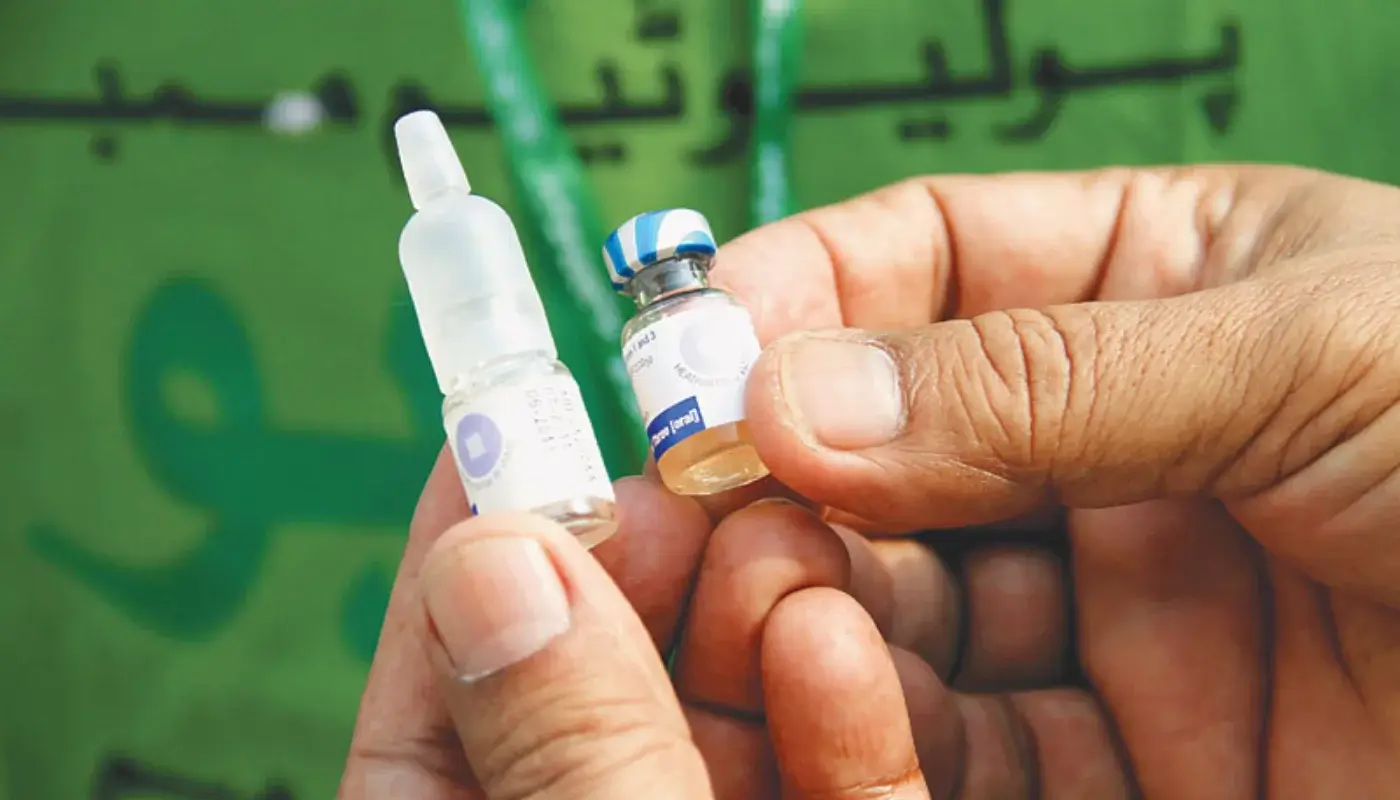Security risks continue to threaten polio eradication efforts in Pakistan

Pakistan’s efforts to eliminate polio face ongoing challenges, particularly related to the safety and security of health workers involved in vaccination campaigns. On April 23, two members of the Levies force, who were assigned to provide security for a polio vaccination team, were killed in an attack by unidentified individuals in the Teeri area of Mastung District, Balochistan.
This incident is part of a broader pattern of violence that has affected health campaigns in parts of the country. For over a decade, polio vaccination teams have worked in difficult and, at times, high-risk environments. These challenges have been compounded by the spread of misinformation and lack of trust in some areas, which continue to impact vaccination outreach.
Balochistan remains one of the more complex regions for health interventions due to its geography, limited health infrastructure, and ongoing security concerns. These factors make consistent access to communities and delivery of services more difficult. In some areas, vaccination teams have encountered resistance, reflecting broader societal and political dynamics.
Typically made up of female health workers accompanied by security personnel, these teams play a crucial role not only in public health but also in establishing links between the state and communities. In some regions, their presence represents one of the few direct interactions residents have with state institutions. This visibility, however, can sometimes lead to tension or suspicion, particularly where trust in government initiatives is low.
The World Health Organization (WHO) and UNICEF, key partners in the Global Polio Eradication Initiative, have noted that Pakistan and Afghanistan remain the only two countries where polio is still classified as endemic. While both countries face unique circumstances, ensuring the safety of health workers has been a critical concern in sustaining progress in Pakistan.
Incidents involving violence against vaccination teams can disrupt campaign schedules, contribute to vaccine hesitancy, and pose long-term risks to eradication goals. These challenges also place additional pressure on frontline workers, many of whom operate in difficult conditions with limited resources and support.
Despite these setbacks, Pakistan has achieved notable progress in reducing the number of polio cases through targeted campaigns and strengthened surveillance. Continued commitment at all levels — from local communities to national institutions and international partners — remains essential to maintaining and building on these achievements.
The Mastung incident is a reminder of the complex environment in which public health efforts operate in certain areas of Pakistan. Addressing these issues will require a multifaceted approach that prioritizes the safety of health workers, strengthens community engagement, and supports transparent, sustained communication to build trust.
Ultimately, the goal of a polio-free Pakistan depends not only on medical efforts but also on creating the conditions in which these efforts can be safely and effectively carried out. Read “Zamin” on Telegram!
Ctrl
Enter
Found a mistake?
Select the phrase and press Ctrl+Enter 





















